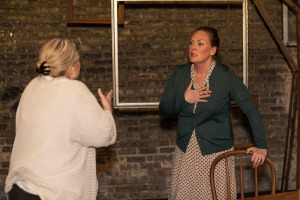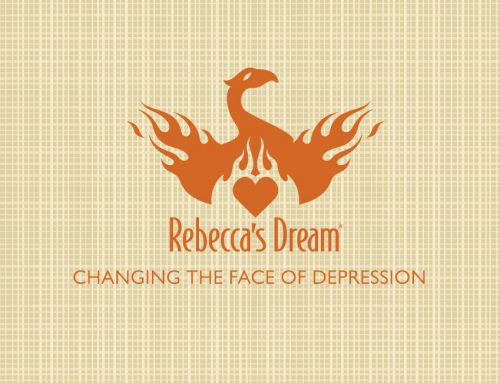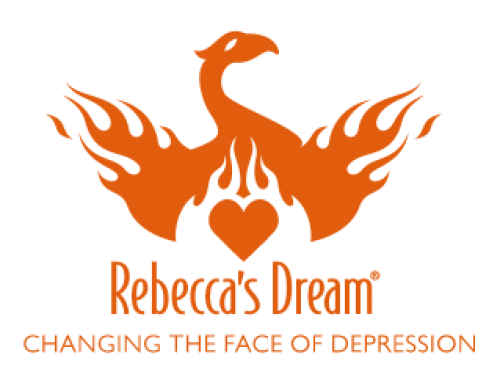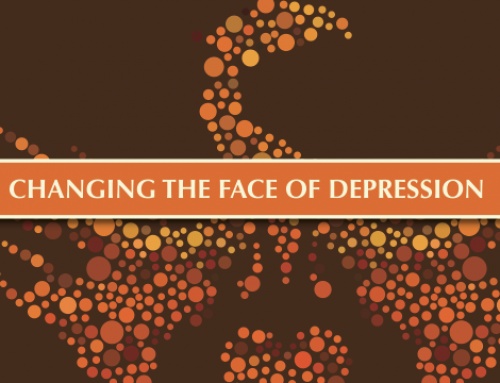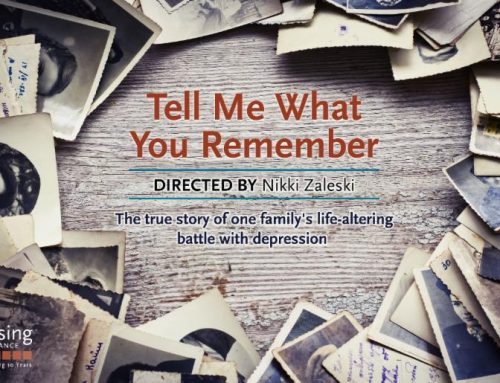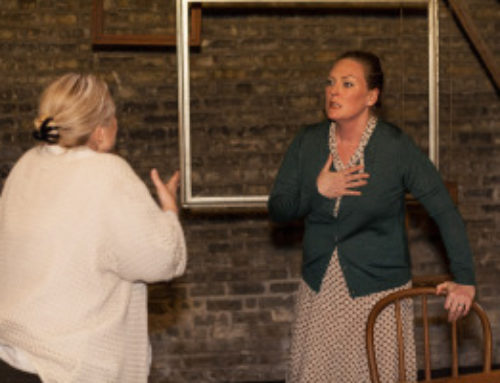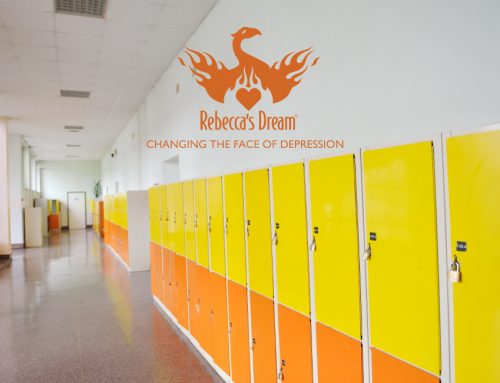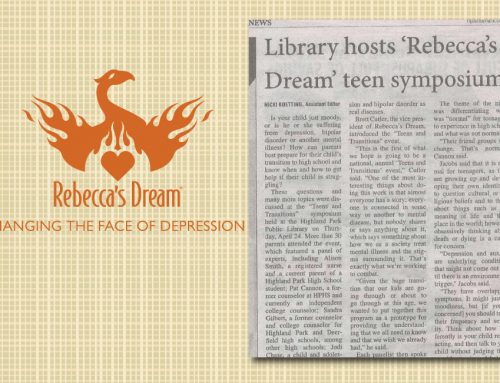Rebecca’s Dream and Erasing the Distance will re-mount their co-produced theatrical production TELL ME WHAT YOU REMEMBER, a true story of one family’s life-altering battle with depression, using their distinct journey to illustrate the universal truth of how deeply depression can impact those who suffer, and those who love them.
TELL ME WHAT YOU REMEMBER will be seen at Filament Theater for a 9-night run from November 11-15 and 19-22 in order to provide more people with the opportunity to experience the production. It will be a ticketed, full theatrical production that will include an interactive lobby installation.
If your family holidays aren’t full of enough drama, you might want to check out Tell Me What You Remember at the Filament Theater. This brutally honest look at depression and family dysfunction (and how they intersect over multiple generations) is as much communal therapy as it is community theater.
Produced by Erasing the Distance, Tell Me What You Remember is a study on depression and its effects on family. Directed by Nikki Zaleski, it at once seems intimately personal but yet universal. What person has had that family member that didn’t seem quite happy or one that battles with image or substance problems even though everything seems fine?

Director Nikki Zaleski doesn’t bind the characters linearly and allows free interaction across generations, even if not directly speaking to each other. With only five cast members, Zaleski creates a full stage with heavy use of motion and overlapping dialogue that helps to create a bigger space and more dynamism that is going on.
Much of the dialogue is directed toward the audience, which creates the feeling of an interloping patient at a therapist’s office who arrived a bit too early and is catching the end of the previous session. There’s the sense that we shouldn’t really be listening to this and that we are inserting ourselves into a family drama that is none of our concern. It’s uncomfortable, awkward and necessary. As the issue is depression and the tendency of families to hide it away buried under silence, the witnessing of the drama is in essence bringing this affliction to the light for the characters and audience.
 The set is minimalist, with a dining room table and hanging window panes as the main focus. Projected images over the frames create a diffused image, recognizable but not understandable. It works as a visual representation of the murky recollection of events, clouded by time and pain. The overall effect is one of intimacy, buttressed by the small room and lack of elevated stage.
The set is minimalist, with a dining room table and hanging window panes as the main focus. Projected images over the frames create a diffused image, recognizable but not understandable. It works as a visual representation of the murky recollection of events, clouded by time and pain. The overall effect is one of intimacy, buttressed by the small room and lack of elevated stage.
Even though it lasts only an hour, the entire production is emotionally exhausting. Jennifer Matthews creates an admirable performance as Kristin, the character who embraces her depression and becomes the impetus for the entire extended-therapy conversation. After the performance, the audience is invited to discuss personal aspects of depression or their thoughts on the performance. One audience member said that depression can seem very selfish and self-centered. However, this play let’s everyone in to the raw realizations of what depression can mean on family.
Chicago Stage Standard Review


